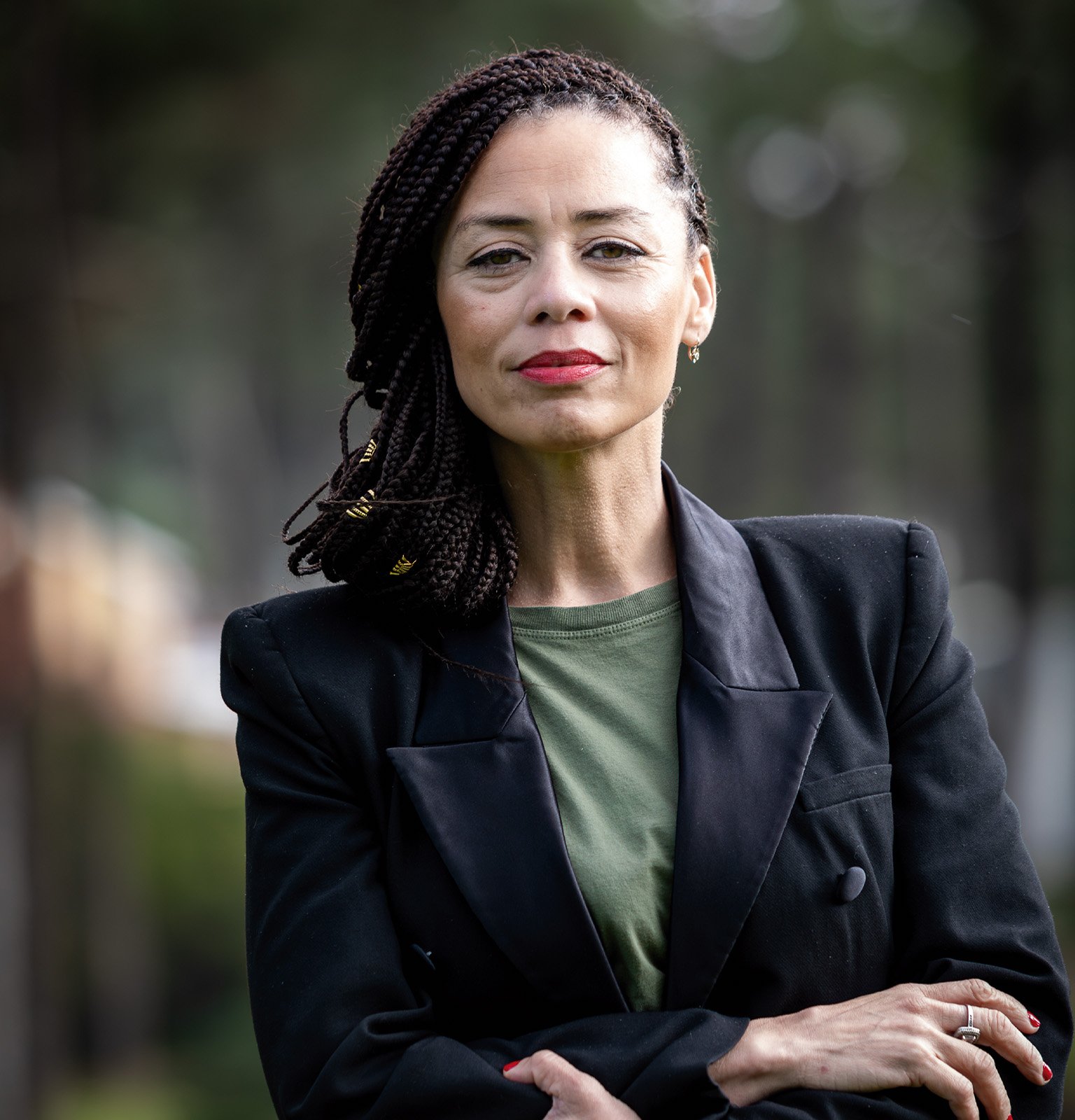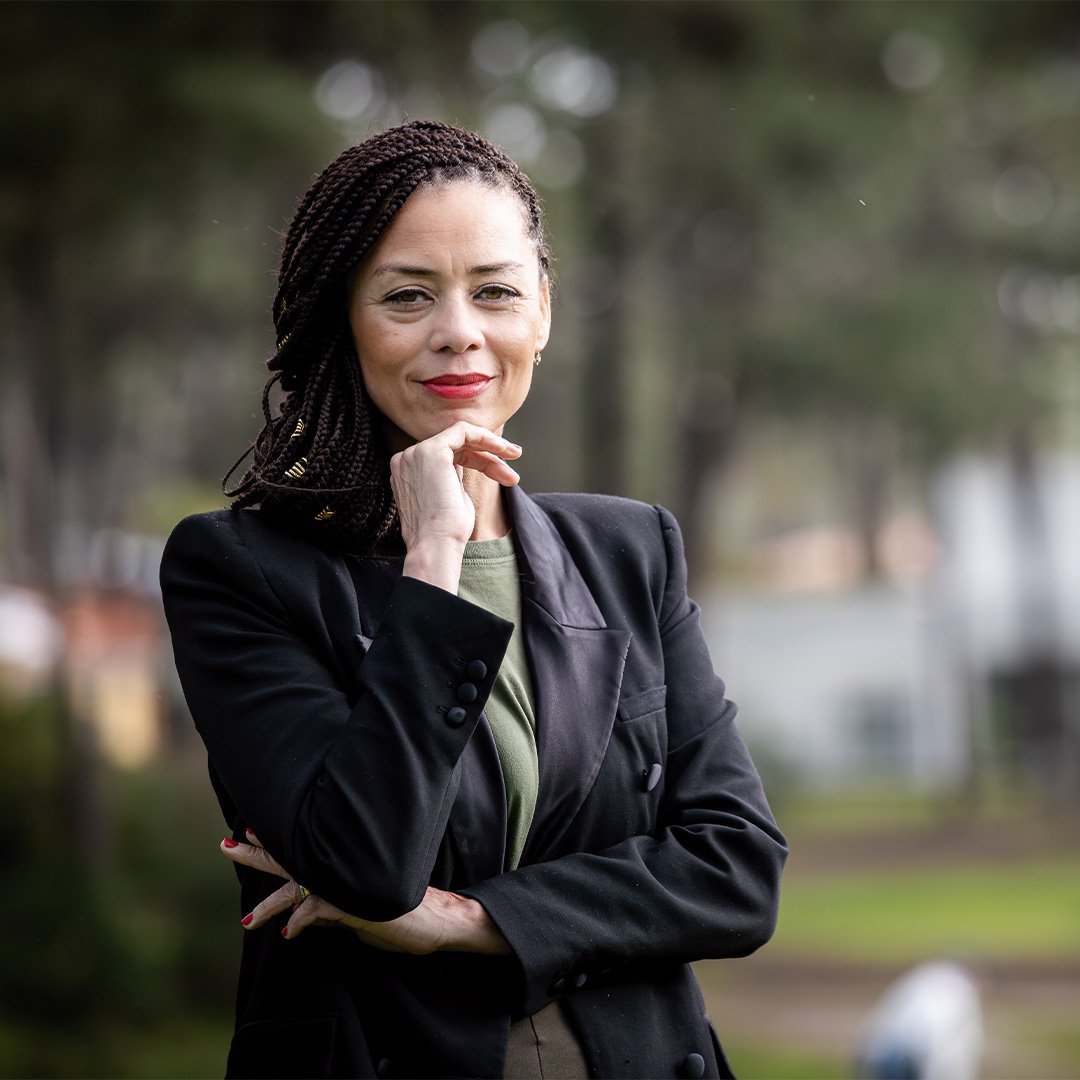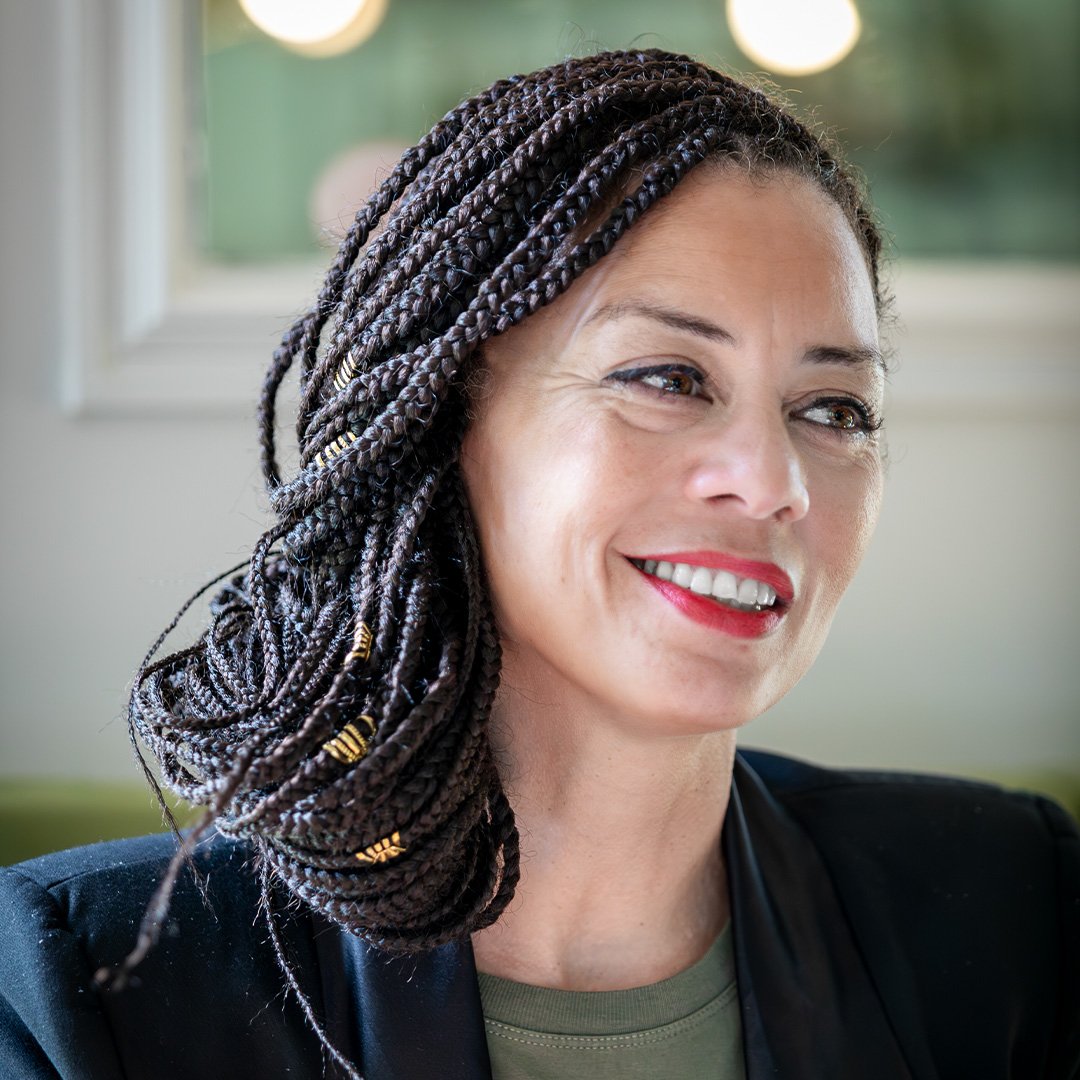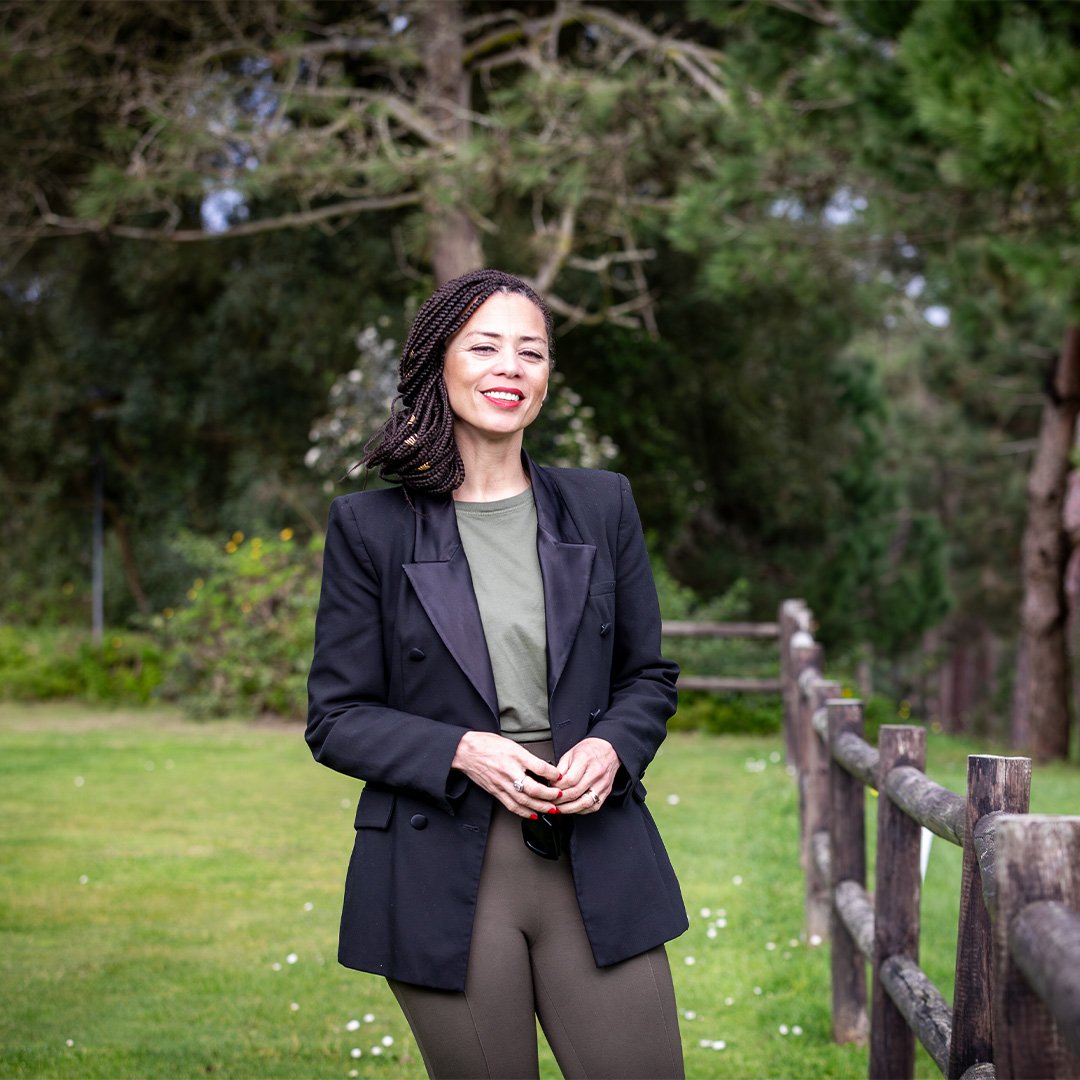In 2009, you
moved to Amsterdam and four years later founded MUXIMA BIO, a company that
develops highly efficient bioproducts. What is the story behind this project?
MUXIMA BIO came
from the need to combine all the dimensions of my personality. It’s a social
impact company that works holistically in different sectors, from science to
media. In the social sphere, we created Secret Women Meeting on Cocktail. On
the media side, we made the television programmes Black Access Global and
Jantar Indiscreto. In the scientific field, we are a biotechnology company that
works in partnership with the University of Aveiro and develops the Muxima
Caviar System, which is a system of products whose product range is
specifically for curly hair. In the educational sphere, we organise talks,
conferences and summits.
You are
responsible for creating the world’s first luxury brand for African hair. Why
start with discrimination relating to hair?
I’m a woman with
African hair and I’ve always been a victim of the stereotyped construction of
the model of beauty. Yes, there is an established model of beauty and we could
blame social networks, but many years ago they didn’t exist. The issue begins
precisely with the buying and selling of enslaved people, the separations that
were made according to categorisations based on skin colour or hair type. A
person could live in the house if their hair was straight, for example. It was
like a scale of value, and the cheapest body on the market was black.
But to get back
to the question, from the age of 12 or 13 I started to straighten my hair. I
only stopped doing it when I got pregnant. And it’s as if at that moment I
started to look inward and somehow felt sad about myself. I had spent my life
fighting and conquering, fighting for rights, when in reality I hadn’t accepted
myself. I hadn’t accepted who I was and I realised that, somehow, I had never
fought for my identity to be fully accepted. So, being pregnant, I had to
rethink my beauty routines, look for alternatives that were compatible with my
condition. And it was almost impossible to find any solutions, so I decided to
create them. Muxima Caviar System is the result of this and is a range of hair
products with their own voice.
You created the
Secret Women Meeting in 2016, a space for sisterhood and sharing between women
from the most varied sectors, social spheres and ethnicities. Tell us about
these meetings.
There’s nothing
secret about them, the secrecy is only in the name (she laughs). The meetings
are ethical and change according to the day, so we’ve had various formats. We
bring women together and include some who are currently in positions of power
so that they can share and have a positive influence. They are all champions of
human rights and there is always an exchange of inspiring stories. Most of the
problems discussed have to do with the difficulty of breaking the glass
ceiling. There is still a glass ceiling separating us, because the world is
still ruled by men.
Conceived and
produced by Muxima, you were part of Jantar Indiscreto (Indiscreet Dinner), a
television programme that laid prejudices bare. How did the Portuguese receive
the programme? Were they themes that resonated with Portuguese society?
I’d say it was
very well received; I received a deluge of letters with suggestions for topics.
It was a pioneering programme, the first against prejudice on Portuguese
television. Since then, there have been more, so I think it has fulfilled its
role. It’s a pity that sometimes the topics aren’t discussed with the
seriousness they deserve, but that’s my view.
Have you always
felt free to express your thoughts?
I never have to
be silent; I say everything I want. I remember being discriminated against by a
woman. We were at work and started talking about the TV programme and, in the
course of the conversation, she said to me: «I had a negro aunt and she drove a Rolls-Royce.» I politely
asked her not to call her aunt a negro, but a black woman. She refused to do so
and continued with her narrative. We’re talking about a woman in a position of
power...
Are women
looking for equality or equity?
Women are
looking for equity. The genders are different and I value those differences. I
often say that if I’d been born a man, I’d want to be transgender, because I
love being a woman. I can’t imagine being a man. Now, we want equity within the
differences we have, even if we want to have the same opportunities in a world
that is currently unequal. I’m frightened by the narrative of the far right,
which tries to equate feminism with a reverse chauvinism. Feminism is striving
for equity.
Are there still
many voices to be heard?
Of course, there
are. There are voices that have never been heard, in fact, there is no shortage
of voices that have never been heard. There are still very few, and those that
are heard are usually lucky to be given the microphone in their hands. But I
got here on my own merit, unaware of the education of privilege. Our mission
must therefore be to create more space for other women who have the right
message.
«There are
voices that have never been heard»















